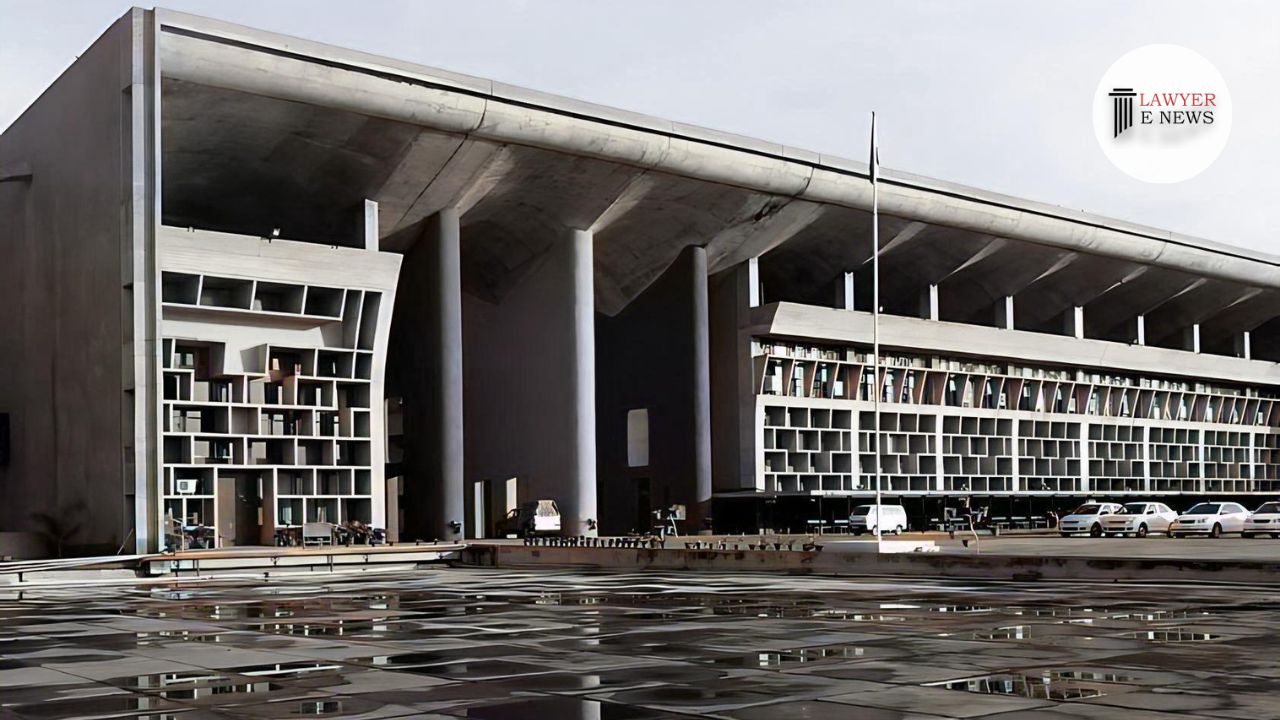-
by Admin
15 February 2026 2:36 AM



In a significant ruling that underscores the reformatory nature of criminal jurisprudence, the Punjab and Haryana High Court has set a precedent by quashing an FIR and all subsequent proceedings in the case of CRM-M-32834-2023. This decision, reserved on November 6th and pronounced on November 16th by Hon’ble Mr. Justice Anoop Chitkara, marks a pivotal moment in the interpretation of the legal framework surrounding compromise in criminal cases.
The petitioners, implicated in an FIR filed under various sections of the IPC, including 388, 389, 411, 170, 171, and 120-B, sought relief from the court for the quashing of the FIR following a mutual compromise with the aggrieved parties. The court, in its meticulous deliberation, observed, “The purpose of criminal jurisprudence is reformatory in nature and to work to bring peace to family, community, and society.”
The High Court’s decision was influenced by several factors, such as the genuineness of the compromise reached, the absence of coercion or dubious means in the settlement, and the agreement of the aggrieved parties to nullify the criminal proceedings. Justice Chitkara noted, “In the given facts, the occurrence does not affect public peace or tranquility, moral turpitude or harm the social and moral fabric of the society or involve matters concerning public policy.”
Citing various landmark Supreme Court judgments, including Shiji @ Pappu v. Radhika and Parbatbhai Aahir v State of Gujarat, the court emphasized the inherent power under Section 482 of the CrPC to quash proceedings in cases where continuing the prosecution would serve no fruitful purpose and could potentially abuse the process of law.
Legal experts view this judgment as a significant step towards a more humane and peace-centric approach in the criminal justice system. The ruling also sheds light on the delicate balance the judiciary must maintain between upholding the law and recognizing the potential for reform and reconciliation.
Representatives for both the petitioners and respondents played pivotal roles in presenting their arguments, with Mr. Prateek Pandit advocating for the petitioners, Mr. Luvinder Sofat representing the DAG, Punjab, and Mr. Neeraj Kumar for respondent nos.2 & 3.
As this landmark judgment resonates through the legal corridors, it stands as a testament to the evolving nature of criminal jurisprudence, emphasizing reconciliation and societal peace over prolonged litigation.
Date of Decision: 16.11.2023
Gurpreet Singh & others VS State of Punjab & others
